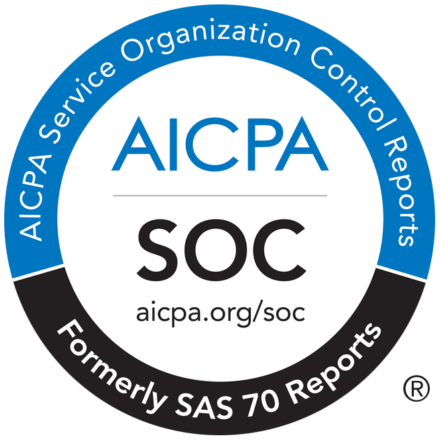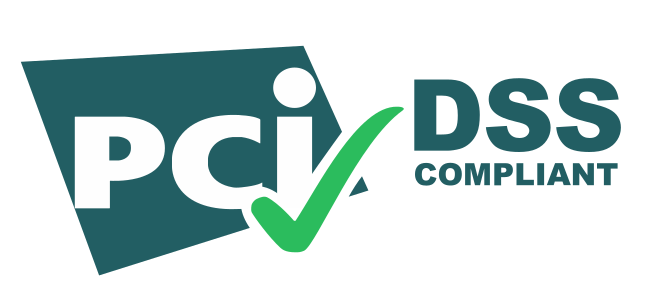AI can be a beneficial resource at work, but there are some risks to be aware of.
Since the release of ChatGPT in November of 2022, AI generators have already made substantial strides in capabilities. Now, major organizations are utilizing AI generators for content creation, data generation, and more to optimize resources and time.
But, there are risks to be aware of before fully embracing AI at work.
For instance, where does an AI model store the inputted data to generate a report? Or what is the source of the content generated by an AI?
Before your team dives head-first into AI at work, here are a few things you need to know.
Be Aware of What You Share
We all know the importance of internet security and preventing data breaches to help protect proprietary data. Chances are you wouldn’t share private company information with a stranger standing in line at a coffee shop or in the seat next to yours on the subway.
And yet, that’s what you might be doing if you’re inputting data into AI generators, such as ChatGPT.
For starters, it’s important to note that it’s highly likely anything you put into an AI generator for a prompt is being stored in a server. In fact, on the ChatGPT FAQs page, OpenAI says user content is stored on its systems and other “trusted service providers’ systems in the US.”
Recently, a developer at Samsung submitted confidential code into ChatGPT twice to find a bug fix. The result? The code was stored in the ChatGPT server and used for future public responses exposing proprietary data from Samsung. Samsung has since banned the use of ChatGPT.
Bottom line: inputting proprietary data into an AI generator to create a report or other content could put you and your organization in a vulnerable situation.
Whose Content Is It Anyway?
AI text generators pull from a vast amount of available information to generate responses to prompts. The trouble is that these AI generators do not comprehend copyright laws or licensing agreements.
Say you put a prompt into ChatGPT to generate a blog for your organization, take it as is, and publish it. What appears as original content to you could be infringing on the copyright of another organization because ChatGPT pulled from wherever it could get the information for the prompt.
That’s why it’s crucial to review any AI-generated content. Running content through a detection platform, such as Copyleaks, can help ensure that the content you want to use will not infringe on any licensing or copyright laws, protecting your organization and its reputation.
Two Truths and a Lie
As mentioned, AI content generator models are trained to pull from vast amounts of information, including from all across the internet. Because AI does not understand the concept of bias or fact, the generated content can contain misleading information, inaccurate facts, discriminatory content, and other subjective views.
It’s essential not to become entirely reliant on AI models. To avoid publishing false or harmful information, submitting all content to human review before publication should remain part of any process, especially if an AI-generated it. Not only will this keep the human touch on your content, but it will also protect your organization in the long run.
Have Full-Spectrum Protection
None of this is to say you can’t utilize AI generators at work if your company allows it. AI can be a beneficial resource when used correctly. You just need to be aware to mitigate any risk surrounding using AI-generated content and data.
The best way to do that is to ensure you have full-spectrum protection. Platforms, such as Copyleaks, offer AI content detection and plagiarism detection, help protect against copyright infringement, and can provide CISOs peace of mind with Generative AI Governance, Risk, and Compliance solutions.
Regardless of how you do it, ensuring you are fully protected when utilizing AI-generated content or data at work is essential. Too many possible risks associated with AI can lead to potential legal action, damage to brand reputation, and much more.


